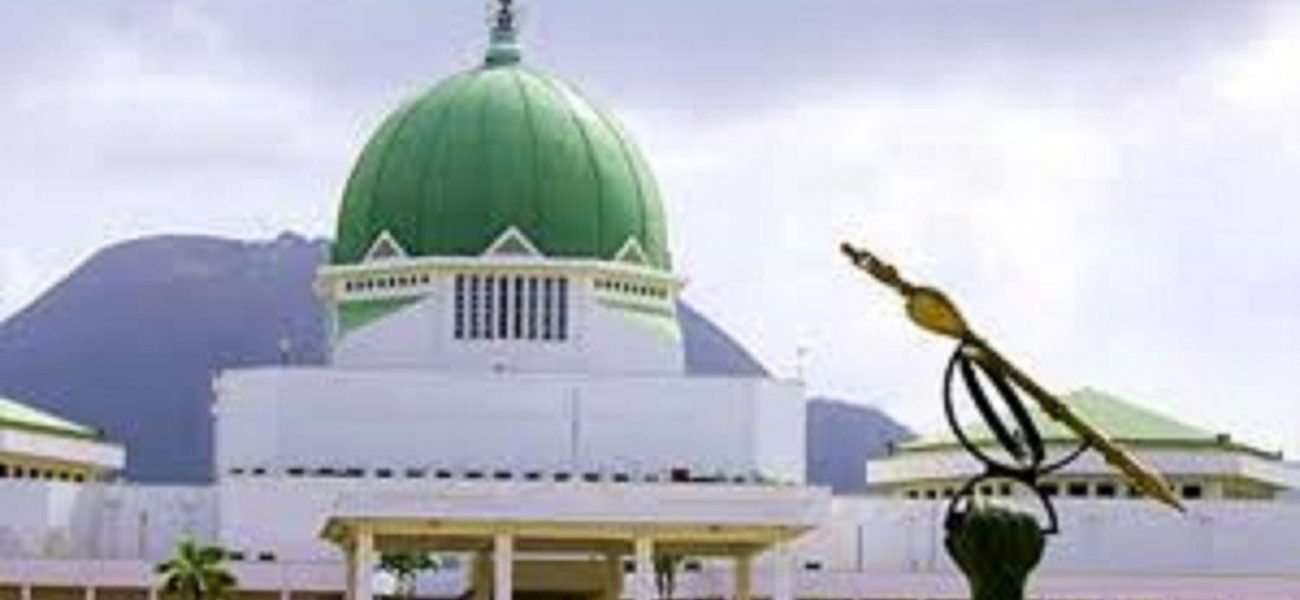The bombing of the Abuja/Kaduna train which led to the death, injury and kidnap of several passengers by bandits and the more recent attack on the Kuje correctional facility are top on the list of the series of security threats that have plagued the nation. In response to this, a number of Senators belonging to the opposition party (PDP) stormed out of the plenary session held on the 27th of July, when the Senate President, Ahmad Lawan refused to entertain a motion seeking the impeachment of the President over the increasing rate of insecurity. In addition, the minority caucus of the House of Representatives, in a closed door meeting at the National Assembly complex, issued a six-week ultimatum demanding that the President takes decisive steps in arresting the issue of insecurity in the country or risk impeachment proceedings.
Section 143 of the 1999 Constitution spells out the procedure for removal of the President or Vice President from office and this proceeding can only be instituted by the National Assembly and the only ground for removal as provided for in section 143 of the 1999 Constitution is gross misconduct. Section 143 (11) defines gross misconduct as “a grave violation or breach of the provisions of this Constitution or a misconduct of such nature as amounts in the opinion of the National Assembly to gross misconduct”.
The impeachment process is not an easy one. The Constitution provides in section 143 (1) that a notice of allegation showing gross misconduct on the part of the President is to be presented to the President of the Senate and signed by not less than 1/3rd of the members of the National Assembly (this number amounts to 157 of the 469 members) after which it is to be served on the President. The law gives each House of the National Assembly 14 days to decide by motion whether or not to investigate the allegation and a motion to investigate must be passed by 2/3rd majority of each House, that is 72 members of the Senate and 240 members of the House of Representatives. Where the motion to investigate the allegation passes, the Chief Justice of Nigeria at the request of the President of the Senate is to constitute a panel of seven persons of unquestionable integrity, who have no political, legislative or public service affiliation, to carry out the investigation.
In upholding the principles of fair hearing, the President under investigation may defend himself personally or through a legal practitioner of his choice.
The panel has three months to report the findings of the investigation to each House of the National Assembly and where the allegation has been proved, each House of the National Assembly is to consider and adopt the report of the panel within 14 days and the President will only be removed where a resolution has been passed and supported by 2/3rd of the members of the National Assembly.
The implications of a successful impeachment proceeding according to sections 146 and 84 (5) of the Constitution respectively, is that the President will vacate the office and the Vice President will assume office and take the oath of office, also the President who ordinarily is entitled to pension for life upon vacation of office, will lose his entitlement to the pension.
The threat by the minority caucus of the Senate and that of the House of Representatives has been criticised by stakeholders as a mere threat that the National Assembly will be unable to implement, as such threats have been jettisoned at previous times. In 2002, the House of Representatives sought to impeach the then President, Olusegun Obasanjo for breach of the Constitution, incompetence and abetting corruption but never went through with it, in fact the whole process was described by the then President to be “a joke taken too far”.
President Muhammadu Buhari on the other hand, has faced impeachment threats at least four times since he assumed office in 2015 and none of these threats have resulted in his impeachment despite the fact that the state of the nation is at a continuous downward trend with spiking inflation rates and rising insecurity which has plunged the country further into deep crisis.
Signing the notice of allegation by simple majority (1/3rd) to commence the impeachment is a lower threshold that can easily be achieved when compared to the requirement of 2/3rd majority needed to implement the impeachment proper and it is wondered if the numbers needed to carry out the proceedings to the end are obtainable in light of the fact that the whole process would take months and many members rarely attend plenary sittings these days. There is also a line-up of activities waiting for the National Assembly upon their return from their annual recess in September, such as conclusion of the constitution review exercise, budget preparations, and campaigns towards the 2023 general elections among other activities.
Also, another issue that could hamper the implementation of these proceedings is the fact that the President of the Senate who by law is required to make a request to the Chief Justice of Nigeria is a member of the ruling party (APC) and could perceive the impeachment of the President as a political move by the opposition party to destabilize his party ahead of the 2023 general elections. The President has less than 10 months to the end of his tenure and many have opined that it will be less destabilizing for the country if the President is guided to ensure less chaotic events occur as he lives out the rest of his tenure. In this vein, it is difficult to tell if the Legislators intend to make good their threat, or if they simply intend to rock the boat to spur the President into taking more significant actions to ensure the battle over insecurity is won.

